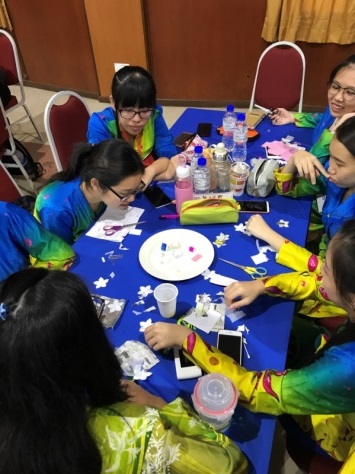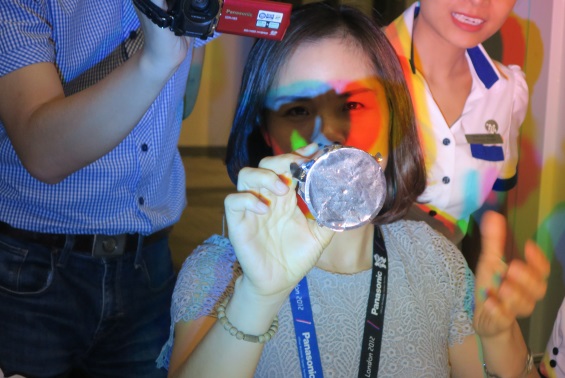Over 150 Thai school teachers in Bangkok recently took part in a range of exciting workshops to learn about leading Australian approaches to the teaching of Science, Technology, Engineering and Mathematics (STEM) subjects. The workshops were the final events of the Australia-Asia STEM Educators Program (ASTEP) that has promoted STEM teaching strategies across several locations in South East Asia during 2017.
Malaysia had earlier hosted the first series of ASTEP events, where groups of teachers (including pre-service teachers) in Penang and Kuala Lumpur explored the value of enquiry-based learning and hands-on activities in developing students’ problem solving and critical thinking skills.
Subsequent workshops during May in Vietnam and Cambodia explored similar STEM teaching strategies for pre-service teachers at the Vietnam National University, and hundreds more teachers and their students in Ho Chi Minh City and Phnom Penh.
ASTEP is an exciting example of a whole-of-government approach to international education cooperation, being supported by the department in collaboration with Department of Foreign Affairs and Trade (DFAT), Austrade, and a number of foreign governments and education institutions. The workshops support the goals of Australia’s National Strategy for International Education 2025 and bilateral Joint Working Group workplans with key South East Asian partners, all of which recognise Australia’s expertise in improving the region’s STEM teaching outcomes.
The department thanks Dr Stuart Kohlhagen in particular for his hard work in facilitating ASTEP events in 2017. The workshops drew largely on Dr Kohlhagen’s experience as the former Director of Science and Learning at Questacon, Australia’s National Science and Technology Centre, and position the department for further STEM cooperation with our regional partners.

Pre-service teachers in Penang, Malaysia, tested different approaches to classroom science challenges

Teachers in Ho Chi Minh City, Vietnam, explored optics and colour mixing exercises using basic materials